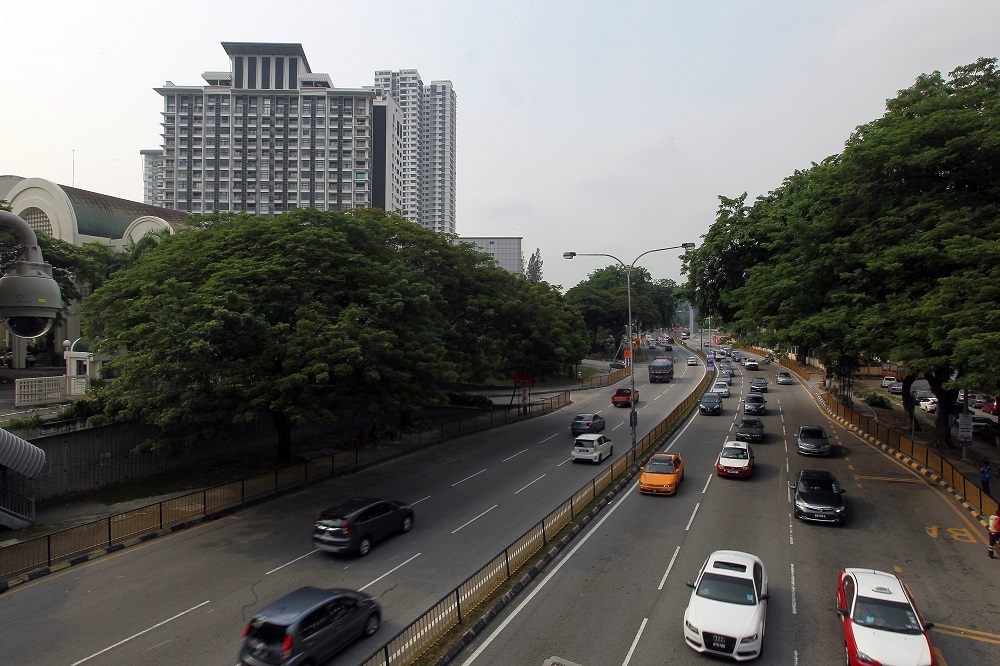
KUALA LUMPUR (July 7): News that the Housing and Local Government Ministry is in talks with Bank Negara Malaysia to draw out the guidelines for a more relaxed loan scheme for some homebuyers may raise hopes of better earnings for the property firms. But should we be hopeful?
The minister Zuraida Kamaruddin announced earlier this week said her ministry has met with several agencies such as the central bank, bankers and the Employees’ Provident Fund to discuss rolling out a loan package for the M40 and B40 income level group as she addressed National Property Information Centre’s (Napic) quarterly report update for 1Q18 which revealed some RM22 billion worth of unsold properties on the market.
"Factors such as unfavourable location, high cost and loan factor contributed to the unsold properties,” she said.
“We are still cautious on the sector’s outlook and have a ‘neutral’ call. We will continue to monitor the rising inventories at some property developers as they are a signal of more unsold units in the market, which will affect the sector,” says Loong Chee Wei, senior associate director of Affin Hwang Capital told The Edge business weekly.
However, he also added that “selected property counters should be given more attention due to various reasons”.
Property sector analysts who spoke to the weekly said “that lending requirements are already quite lenient as prospective buyers, especially first-time homebuyers, are eligible for loans of up to 90% of the value of the property”.
“There isn’t much room for housing loan requirements to be eased further, at least not without raising the risk to our banking system. The end-financing mechanisms are already present. It is just about executing the end-financing products better,” Lee Meng Horng, a property analyst with Hong Leong Investment Bank told The Edge.
Loong told the weekly that lending guidelines should be a balance between encouraging people to buy property and making sure that banks’ asset quality is not impacted by more defaults.
“Property affordability is a question of income level, which the government cannot quickly resolve, unless it is considering a higher cross subsidisation between the high-end and the low to mid-range markets,” Loong added.
“Bank Negara can ease housing loan requirements, but at the end of the day, it is up to the banks [and their] risk appetite. Every bank has its own risk management [policies], how much it would like to be exposed to the property market. If [a bank is] already reaching its cap (of credit exposure to the property market), it will shut the tap,” The Edge reported Lee saying.
Meanwhile, senior fellow of the Institute for Democracy and Economic Affairs (Ideas) Dr Carmelo Ferlito recently said that easing up the housing loan process for the middle M40 and the B40 segments of the population may not be a move in the right direction and could worsen the problem
“It is good that the ministry and Bank Negara Malaysia are working together to tackle housing problems due to a higher number of unsold properties. However, tackling this problem on the demand side by promoting credit policy is not viable and may worsen the problem. Every sector in the economy will experience business cycles and the property market in Malaysia right now is in the stage of contraction. While the market is contracting, encouraging households to borrow more will not solve the problem in the property market — it will prolong the property bubble,” Ferlito said.
“The property sector in Malaysia is bloating, and the evidence is clear that there is a mismatch between demand and supply in the market. Implementing a favourable credit policy risks delaying a property crisis and making it worse when it does arrive. The lack of affordable housing is a serious problem, and the government should consider how to ensure the private sector is best placed to start building cheaper homes,” he said.
TOP PICKS BY EDGEPROP

Seri Kasturi Apartments, Setia Alam
Setia Alam/Alam Nusantara, Selangor

Jalan SP 1 @ Bandar Saujana Putra
Jenjarom, Selangor

Bandar Kinrara 2
Bandar Kinrara Puchong, Selangor
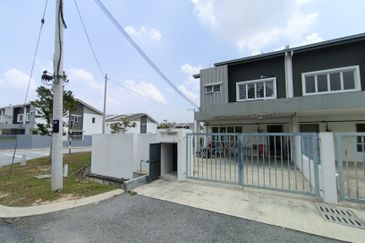
Laman Haris @ Eco Grandeur
Bandar Puncak Alam, Selangor

Charms of Nusantara, Setia Eco Glades
Cyberjaya, Selangor

Liu Li Garden, Setia Eco Glades
Cyberjaya, Selangor

Casabayu Townhouse @ Cybersouth
Dengkil, Selangor

Residency Aurora @ Selangor Cyber Valley
Cyberjaya, Selangor

Casabayu Townhouse @ Cybersouth
Dengkil, Selangor


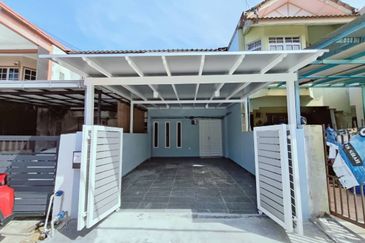

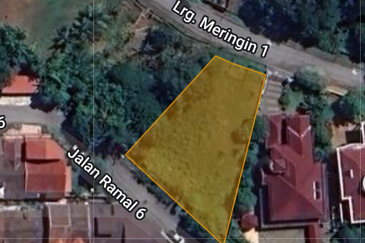

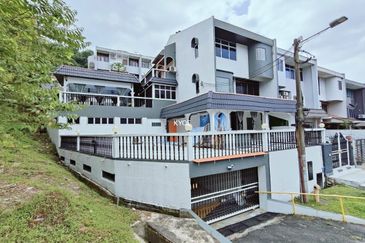





hero.jpg?GPem8xdIFjEDnmfAHjnS.4wbzvW8BrWw)



